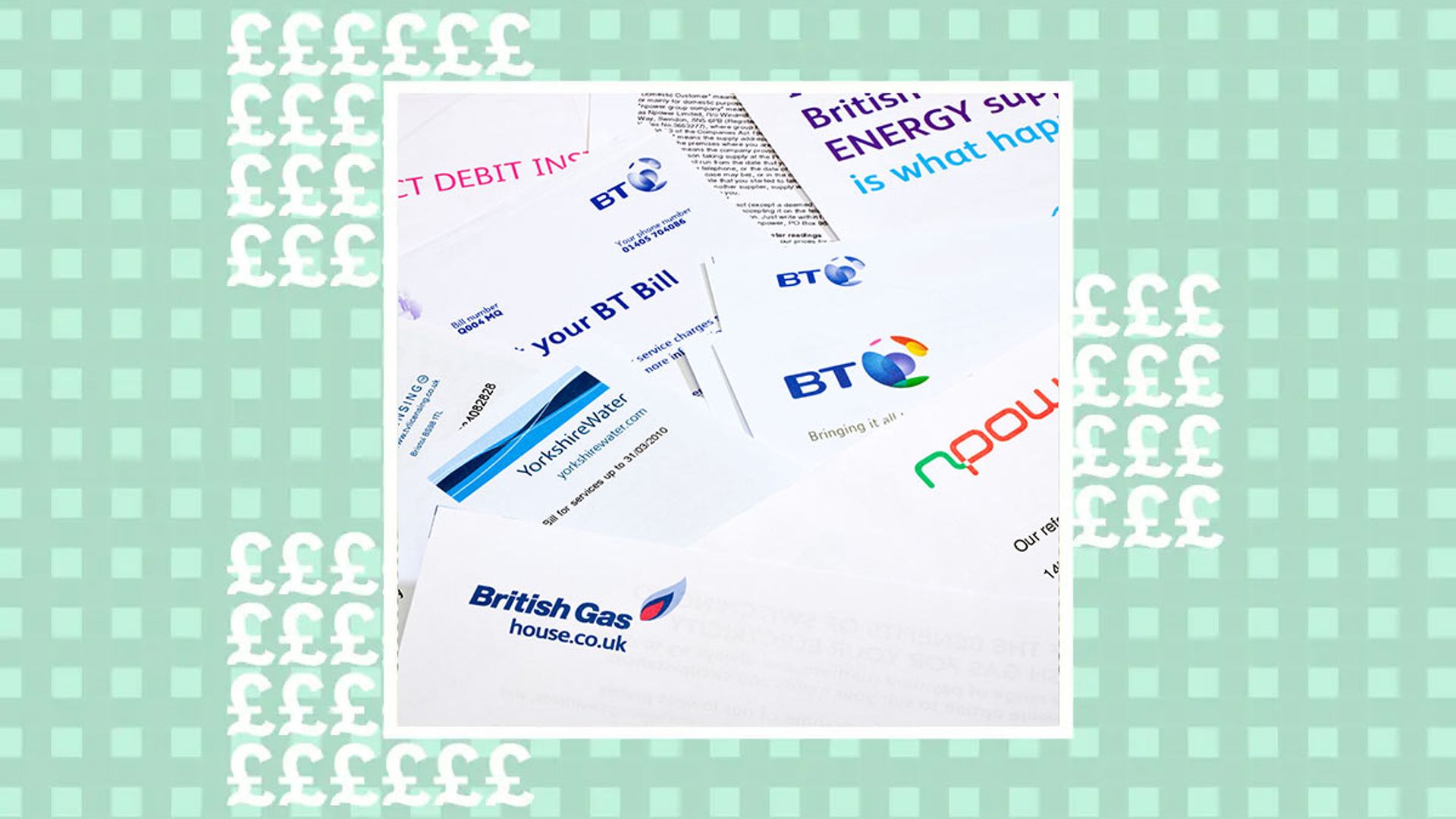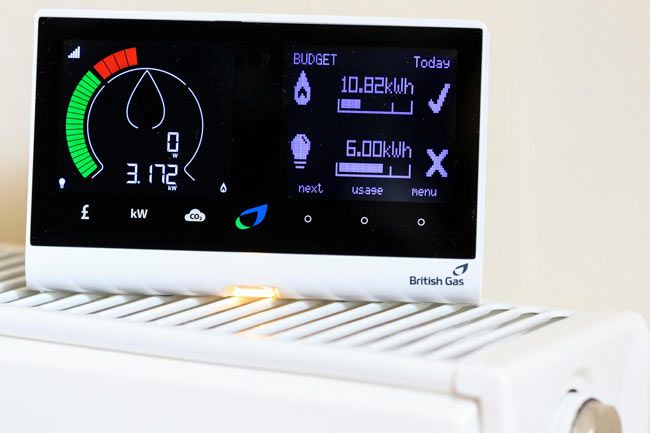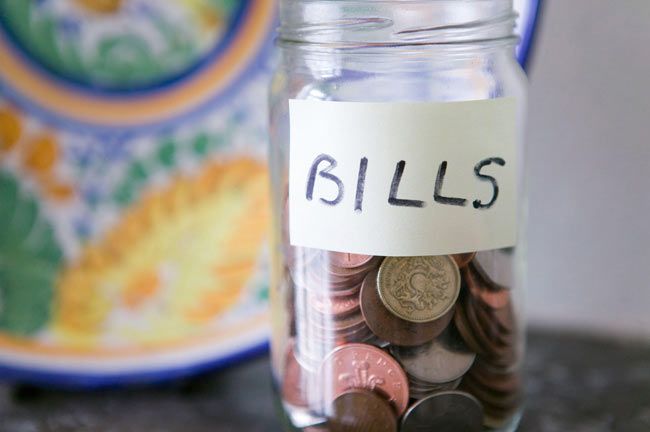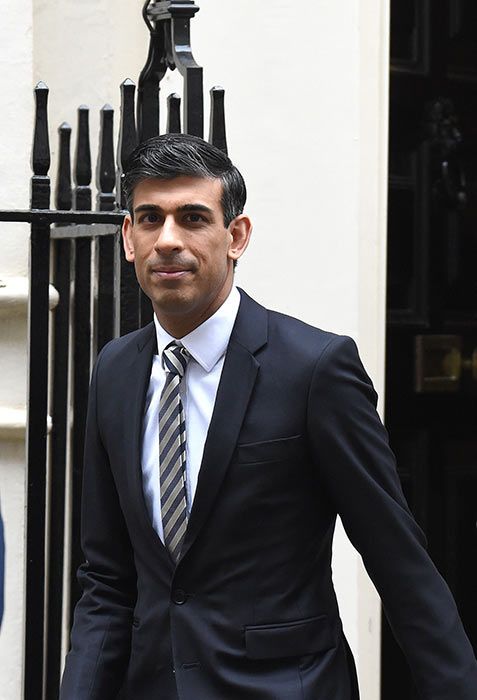Energy bills are already set to soar in April, but could reach £3,000 a year in England, Wales and Scotland from October, a worrying report has warned.
MORE: What the energy bill hike and government rebate mean for your household
The new rises are in part due to the current Ukraine crisis, with Investec bank saying the conflict has raised concerns over the reliability of gas supplies because Russia is the third-biggest exporter of oil.
The bank expects the energy price cap, which limits what suppliers can charge, will hit £3,328 a year for the average home when it is next adjusted in October. It is already due to rise by £693 to £1,971 in April, and understandably, it is causing concern among the public about how they will be able to afford the soaring cost of living, especially as it comes at a time where the UK inflation rate is also at a 30-year high of 5.5 percent.
Energy bills are set to soar in 2022
But what can you do to protect yourself against the energy bill hikes, and where can you get support if you need it? Here are the expert tips you need to know…
Consider switching from a fixed deal to a standard variable tariff
While fixed deals used to be cheaper than the price cap, they are now more expensive, so for the majority of people it is likely cheaper to revert to a standard variable tariff, which will be price capped.
Martin Lewis has created a video for Moneysavingexpert.com to help bill payers decide what is best for them, explaining: "I would not switch to a fixed deal unless it was less than 75% more than the current price cap, or if you want to base it on the April price cap, no more than 15% more than the April price cap."
MORE: 12 unbelievably easy ways to save £1k on your energy bills
The current price cap is £1,277 and will increase to £1,971 from 1 April. However, as wholesale gas prices have risen once again since the Ukraine invasion, the cap could reach highs of over £3,000 when it is reviewed again in October.
Martin Lewis has shared his expert tips
How to find a standard variable tariff deal
Martin says customers are unlikely to find such good deals on comparison sites, and instead you should look for offers from your supplier as some, such as E.On, are doing offers for existing customers.
"There are no open market options close to that price – they're all 40% more than the April price cap at the very cheapest," Martin explained.
The Good Morning Britain star advised that if you're offered a one-year fix at the April price cap amount then it could be worth accepting, but it is hard to choose a longer-term deal as prices are predicted to drop again in April 2023.
Advice for customers with a non-smart prepayment meter
Martin suggested that people with a non-smart prepayment meter could delay paying the higher energy costs by topping up more now ahead of the April price surge. This is because customers with these type of gas meters won't have to pay the new rates until they next top up and any credit they have will be charged at the old, lower rate.
However, it may not be possible for everyone, as many prepayment customers are on a low income and may not be able to pay a lump sum towards their bills. There is also the risk that stockpiling could lead to using more energy than usual, which could end up costing more.
Why are energy prices increasing so much?
Inflation is at a 30-year high
The energy price cap is reviewed twice a year and takes into account wholesale costs. Prices were already rising, but have soared once more since the Russian invasion of Ukraine.
David Cox, an independent energy analyst told the BBC: "Wholesale prices make up between 40-50% of household bills. If these high prices stay around 400 pence per therm we may see the price cap head closer to £3,000 per year, which is terrifying."
RELATED: 7 ways to save big on your energy bills in 2022
Although Britain only imports around five percent of its gas from Russia, we rely on pipelines that run through neighbouring countries Belarus, Ukraine, Poland and into Germany, which is why there are fresh concerns about its reliability.
Where to find help with your energy bills
Chancellor Rishi Sunak announced the Energy Bills Rebate discount in February
There are many schemes that could help if you are struggling to pay your energy bills or with the rising cost of living. Your energy supplier may have schemes to help with bills and arrears, and your local council may be able to help through the Household Support Scheme.
The winter fuel payment scheme provides those getting the state pension with between £100 and £300 to offset the cost of heating, while the cold weather payment scheme can provide low income households with £25 a week to help with energy bills during the winter.
RELATED: 10 genius ways to keep your house warm without paying for heating
Meanwhile, the government is going to be widening the eligibility for the Warm Home Discount, meaning more families on low and middle incomes will be able to get assistance with their energy bills.
In February, chancellor Rishi Sunak also announced that each household will be entitled to up to £350 in savings via the Energy Bills Rebate discount, and a council tax rebate of £150 in April for households in tax bands A to D.
The following organisations can provide free advice if you're struggling with energy costs or other bills.
- Citizens Advice - 0808 800 9060
- National Debtline - 0808 808 4000
- Step Change - 0800 138 1111
Like this story? Sign up to our HELLO! Mail newsletter to get other stories like this delivered straight to your inbox.













